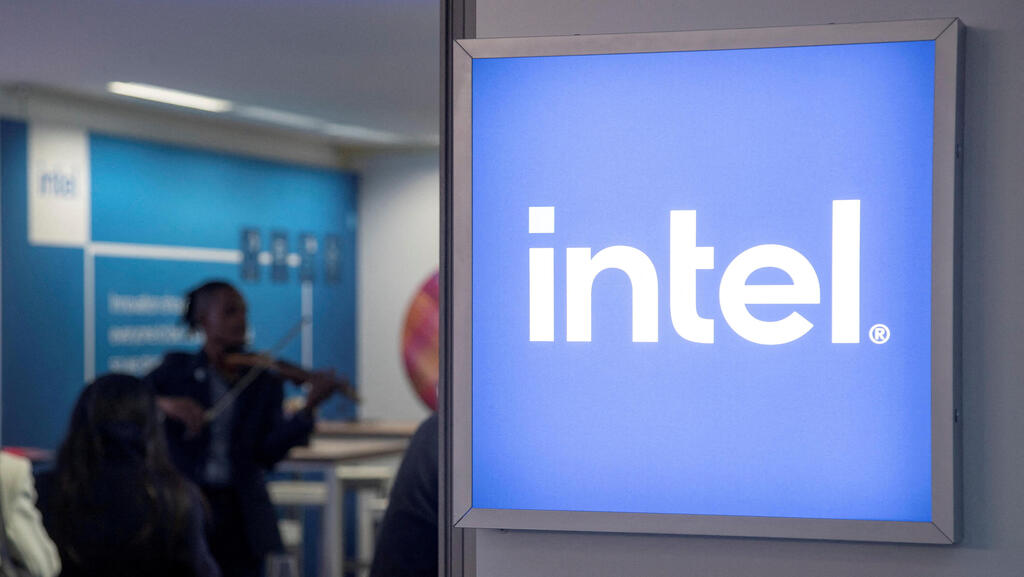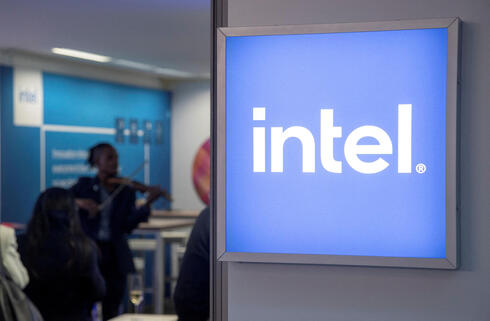
Intel braces for massive layoffs, with Israeli operations facing uncertainty
Around 22,000 jobs may be cut globally, and even in the best-case scenario, hundreds of Israeli staff are expected to be affected.
The sweeping round of layoffs expected at Intel will not spare its Israeli operations, though the scope of local cuts remains uncertain. The key question now is whether the reductions in Israel will match the 20% global workforce cut—Intel’s largest in history—reported by Bloomberg on Tuesday night.
Intel CEO warns: “This is just the beginning” as layoffs and reforms begin
Inside Intel’s biggest-ever layoff: a blueprint for a wounded giant
While no official announcements have been made regarding Israel, industry sources estimate that the scale of local layoffs could be significantly smaller than the global average. Still, even in the most optimistic scenario, the current round is expected to include several hundred job losses in Israel. In a more pessimistic scenario, thousands could be affected.
Intel, which employs approximately 109,000 workers globally, is reportedly preparing to eliminate 22,000 positions in a restructuring move led by new CEO Lip-Bu Tan, who assumed the role in March. The layoffs, Intel’s second major reduction in under a year, are seen as the first defining step of Tan’s tenure and follow a 15% cut announced last August.
Israel is home to roughly 9,300 Intel employees, spread between a major R&D center and the company’s manufacturing facilities in Kiryat Gat. As of now, employees across Intel’s global operations—including those in Israel—have not received official notification of the upcoming cuts. Sources suggest that only senior management has been briefed. Intel is expected to unveil the details alongside its quarterly earnings report on Thursday, with further clarification on the Israeli impact anticipated in the days that follow.
Industry insiders in Israel told Calcalist that Tan’s decision was widely expected, citing the company’s current revenue shortfalls as unsustainable relative to its staffing levels. However, they noted that Israel’s organizational structure—with relatively few layers of senior management—may shield it from some of the bureaucratic downsizing expected globally.
Moreover, Intel is unlikely to reduce headcount at its manufacturing facility in Kiryat Gat, which employs about 4,000 people. The site is seen as critical to Intel’s strategic roadmap and any significant cuts could jeopardize factory output.
The R&D operations in Israel—focused heavily on CPU development for PCs and servers—are likewise considered core to Intel’s revenue stream, especially given the company’s diminished presence in mobile and artificial intelligence. In recent remarks, Tan emphasized his intention to bolster Intel’s engineering capabilities, suggesting the company would protect revenue-generating technical roles, including many in Israel.
However, functions and teams that fall outside of Intel’s current core business—particularly those not directly contributing to revenue—remain vulnerable. In last year’s round of layoffs, Intel shuttered several such initiatives in Israel. The upcoming cuts are expected to go deeper, potentially affecting more entrenched operations.
Even if the local impact is proportionally smaller, the absolute numbers remain significant. Should the reduction in Israel reach even half the global average, it would translate to nearly 1,000 jobs lost. Intel is expected to offer a voluntary retirement package with favorable terms, though internal sources caution that uptake may be low. Many employees who were open to such a deal already accepted it during the 2024 cuts.
Intel’s current crisis is not new. The company missed both the mobile and AI revolutions, leaving it behind competitors like AMD in CPUs and Nvidia in AI chips. Former CEO Pat Gelsinger attempted a strategic overhaul by ramping up Intel’s foundry business—producing chips for third parties like Apple and Nvidia—in hopes of rivaling Taiwan’s TSMC.
That plan has yielded few visible results. Intel’s financial performance has continued to slide, and in December, Gelsinger resigned abruptly. By February, reports surfaced that Intel was exploring a sale or spin-off of parts of its chip development and manufacturing operations.
Related articles:
Though Tan initially dismissed the idea of spinning off manufacturing, reports soon followed of advanced talks with TSMC over a joint venture. Under the proposed deal, TSMC would acquire a 20% stake in Intel’s manufacturing business and provide its own expertise, processes, and training.
Since stepping in, Tan has moved quickly to simplify Intel’s sprawling corporate structure. Key moves have included selling a 51% stake in Altera, the company’s programmable chip division, to Silver Lake for $8.75 billion—roughly half what Intel paid in 2015—and flattening management layers in an effort to restore speed and accountability.
But now comes his boldest move yet: tens of thousands of jobs cut globally, including a still-unknown toll on one of Intel’s most strategically important outposts.
